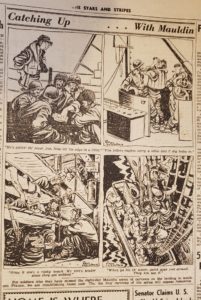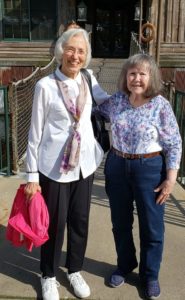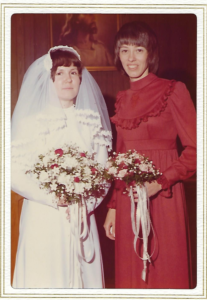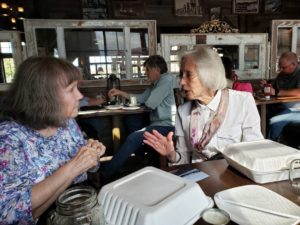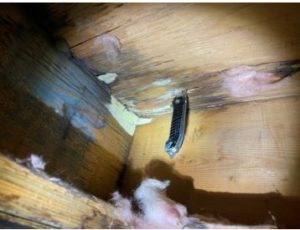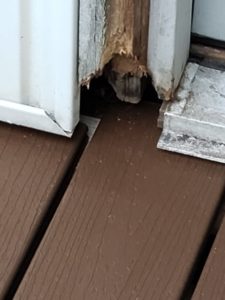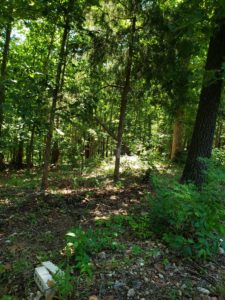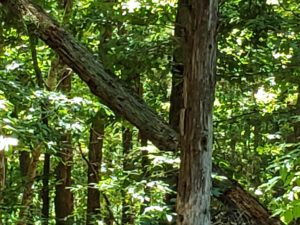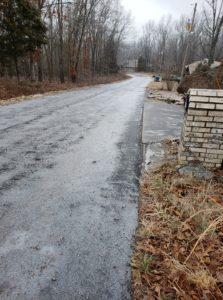Ah, the first of the month comes on a regular blogging day. Perfect time to address progress and set some goals. First, the November progress.
- As always, blog twice a week, on Mondays and Fridays. I missed one day, Friday of Thanksgiving week. Otherwise, I had a meaningful blog post on each scheduled day.
- Attend three writers group meetings. I managed to do this. Thought I was going to miss one, but was able to make all three.
- Finish editing Documenting America: Run-Up To Revolution, and schedule all chapters to publish to Kindle Vella. Yes! I got this done. All are published to Kindle Vella, no one is spending any money to read them. Alas.
- Finish the first draft of A Walk Through Holy Week, Part 1. This will be a stretch, but I should get close. No, did not quite get this done. As of yesterday’s writing, I still have a little over two chapters to go. I lost more than a week over Thanksgiving. Before that, I had a hard time with some of the writing, often missing my daily goal, occasionally having to spend the day in study and write nothing. But that’s okay; it was still progress in small steps.
- Get a little more done on the ideas for The Artwork of God. I’m still in the research stage on this project. Ideas continue to come, so I guess I met this goal. I didn’t put much on paper, however, just brainstorming it. Found a couple of good quotes to go in it. So the goal was met, but just barely.
- Begin writing down some plot ideas for the next volume in The Forest Throne series. My granddaughter and I sat and talked about this one day while she was here. I told her my ideas and she gave me feedback as well as some of her ideas. Since the book will be about the girl in the Wagner family, I will really need her help.
Now, what about goals for December? It’s the time I’ll have to try to get much done to meet my goals for the year. I haven’t looked at those for a long time. But, without looking back, here’s what I hope to accomplish this month.
- Blog twice a week, on Monday and Friday.
- Attend three writers meetings. I’m not sure the third one will be held, as it will be getting close to Christmas.
- Finish the first draft and much of the editing of A Walk Through Holy Week, Part 1: To Jerusalem. As I said above, I’m down to the last couple of chapters. If I can maintain my writing schedule, I should finish the writing by December 10. That gives me two weeks to edit, enough time to go through the whole thing.
- Type up some of the ideas for book 3 in The Forest Throne series. I don’t intend to begin actually writing this for perhaps a year, but I want to lock in the ideas generated so far.
- Work some on Nature: The Artwork of God. This may be the next book I write (still trying to decide), so I need to expand the notes I’ve already taken.
- Finish the new Danny Tompkins short story and decide what to do with it.
- Read for research for the next book in the Documenting America series. Actually, until I do my research, I don’t know if this will be the next one or not.
- Oh, one more: Finish and submit my article on a genealogical brick wall to the NWA Genealogical Society. The contest deadline is Dec 31. The article has been done for almost two months. Time to dust it off and do a final edit.



